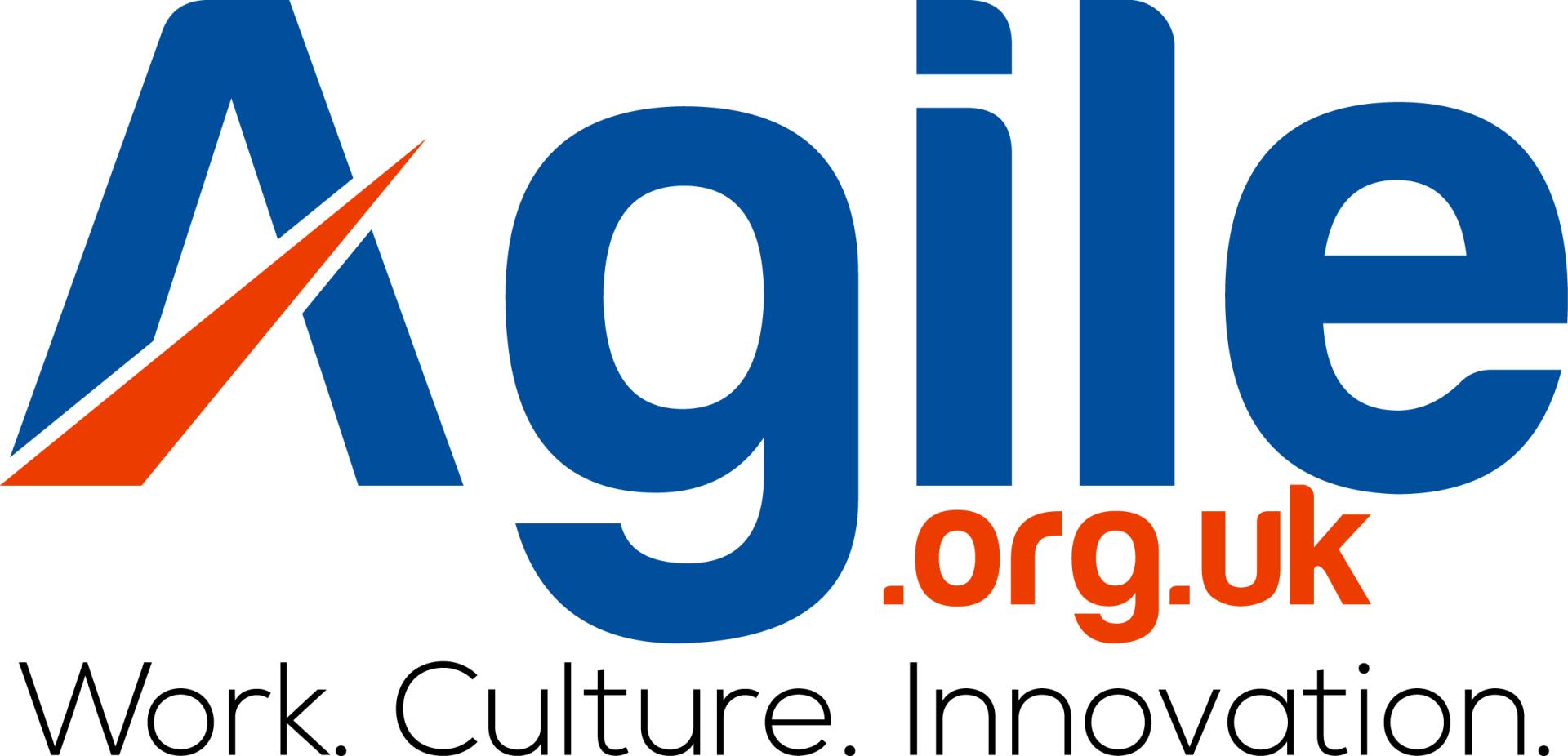Project management tools are essential for businesses that need to manage projects, tasks, and resources efficiently. They help organizations keep track of progress, streamline workflow, and improve productivity. With the right project management tool, businesses can make better decisions and increase their bottom line. In this blog, we’ll explore the benefits of project management tools, different types of project management tools, and how to get the most out of your project management tool.
Introduction to Project Management Tools
Project management tools are software solutions that enable users to manage project tasks, resources, and timelines efficiently. They allow users to plan, track, and analyze every aspect of a project from start to finish. Project management tools are used by businesses in a variety of industries, from construction to healthcare, to streamline processes and increase productivity.
Project management tools can provide a variety of benefits to businesses, including improved project tracking, better collaboration, and increased visibility into the project. With the right project management tool, businesses can stay organized, be more efficient, and achieve better results.
What are the Benefits of Using Project Management Tools?
Project management tools can provide a variety of benefits to businesses. Some of the top benefits include:
- Improved project tracking: Project management tools make it easier to track progress and stay on top of tasks and deadlines. This can help businesses stay organized and ensure projects are completed on time.
- Better collaboration: Project management tools make it easier for teams to collaborate and communicate. This can help reduce miscommunication and ensure team members are all on the same page.
- Increased visibility into the project: Project management tools provide a bird’s eye view of the project, making it easier to monitor progress and ensure nothing slips through the cracks.
- Streamlined processes: Project management tools can streamline processes, eliminating manual steps and making it easier to manage projects.
- Improved productivity: By eliminating manual tasks and streamlining processes, project management tools can help businesses increase their productivity.
Different Types of Project Management Tools
There are a variety of different project management tools available, each with its own set of features and functionality. Some of the most popular types of project management tools include:
- Task management tools: Task management tools help teams manage tasks and stay on top of deadlines. These tools can be used to assign tasks, track progress, and prioritize tasks.
- Resource management tools: Resource management tools help teams manage resources and effectively allocate them to tasks. These tools can be used to track and manage team members, materials, and other resources.
- Timeline management tools: Timeline management tools help teams plan projects and manage timelines. These tools can be used to set deadlines, track progress, and plan for contingencies.
- Project planning tools: Project planning tools help teams plan projects and ensure nothing slips through the cracks. These tools can be used to create project plans, assign tasks, and set deadlines.
- Budget management tools: Budget management tools help teams manage budgets and track expenditures. These tools can be used to track expenses, monitor budgets, and make sure projects stay on track.
Evaluating the Best Project Management Tools
When evaluating project management tools, it’s important to consider a few key factors. First, consider the features and functionality of the tool. Make sure the tool has all the features and functionality you need to manage your projects efficiently.
Next, consider the user interface and user experience. The tool should be easy to use and intuitive. It should also be customizable so you can tailor it to your specific needs.
Finally, consider the cost. Make sure the tool fits within your budget and offers the best value for your money.

How to Get the Most Out of Your Project Management Tool
Once you’ve chosen the right project management tool, it’s important to get the most out of it. Here are some tips for getting the most out of your project management tool:
- Set clear goals and objectives: Before you start using the tool, set clear goals and objectives for the project. This will make it easier to track progress and stay on track.
- Create detailed plans: Create detailed plans for each project and make sure everyone is on the same page. This will help ensure tasks are completed on time and nothing slips through the cracks.
- Monitor progress: Monitor progress regularly and make sure tasks are completed on time. This will help you stay on track and make sure the project is completed on schedule.
- Utilize automation: Automation can help streamline processes and save time. Utilize automation wherever possible to maximize efficiency.
- Track results: Track results regularly to ensure the project is meeting its goals. This will help you identify areas for improvement and ensure projects are successful.
Common Features of Project Management Tools
Project management tools have a variety of common features that help businesses manage projects and stay organized. Some of the most common features include:
- Task management: Track tasks and ensure they are completed on time.
- Resource management: Manage resources and ensure they are allocated efficiently.
- Timeline management: Set deadlines and track progress.
- Collaboration: Collaborate and communicate with team members.
- Reporting: Generate reports to gain visibility into the project.
Best Practices for Using Project Management Tools
Project management tools can be powerful tools if used correctly. Here are some best practices for using project management tools:
- Set clear goals: Before you start using the tool, set clear goals and objectives for the project. This will help you track progress and stay on track.
- Define roles: Define roles and responsibilities for each team member to ensure everyone is on the same page.
- Stay organized: Stay organized and make sure all tasks and resources are tracked and managed efficiently.
- Utilize automation: Automation can help streamline processes and save time. Utilize automation wherever possible to maximize efficiency.
- Monitor progress: Monitor progress regularly and make sure tasks are completed on time. This will help you stay on track and make sure the project is completed on schedule.
The Different Types of Software Project Management Tools
When choosing a project management tool, it’s important to consider the different types of software project management tools available. Some of the most popular types of software project management tools include:
- Agile project management tools: Agile project management tools are designed to help teams manage projects using the agile methodology. These tools can be used to track tasks, manage resources, and collaborate with team members.
- Kanban project management tools: Kanban project management tools are designed to help teams manage projects using the kanban methodology. These tools can be used to create visual boards, assign tasks, and track progress.
- Waterfall project management tools: Waterfall project management tools are designed to help teams manage projects using the waterfall methodology. These tools can be used to plan projects, assign tasks, and track progress.
- Gantt chart project management tools: Gantt chart project management tools are designed to help teams manage projects using Gantt charts. These tools can be used to create Gantt charts, assign tasks, and track progress.
Conclusion
Project management tools are essential for businesses that need to manage projects, tasks, and resources efficiently. With the right project management tool, businesses can make better decisions, increase their bottom line, and get the most out of their projects. In this blog, we explored the benefits of project management tools, different types of project management tools, and how to get the most out of your project management tool. We also discussed the common features of project management tools, best practices for using project management tools, and the different types of software project management tools. With the right project management tool and the right strategies, businesses can unlock the power of project management tools and achieve optimal results.













